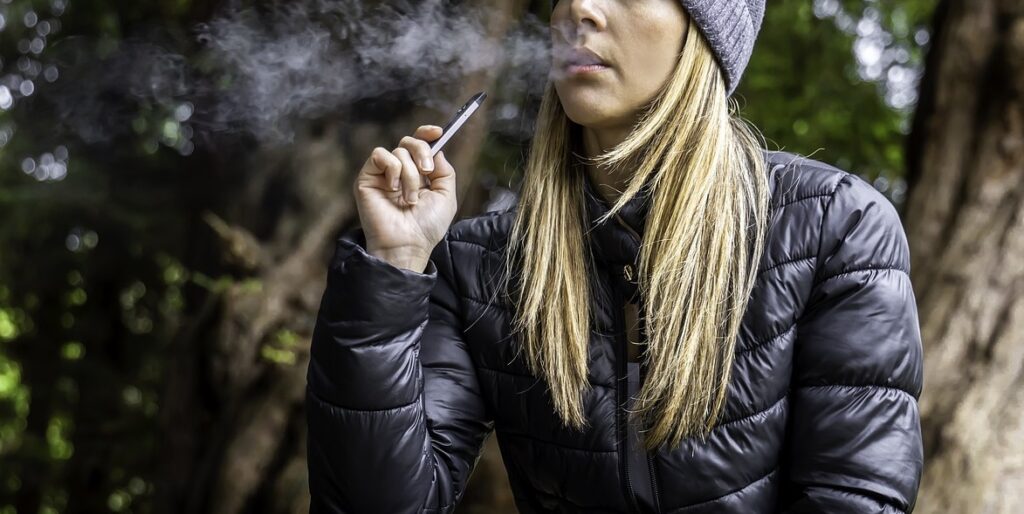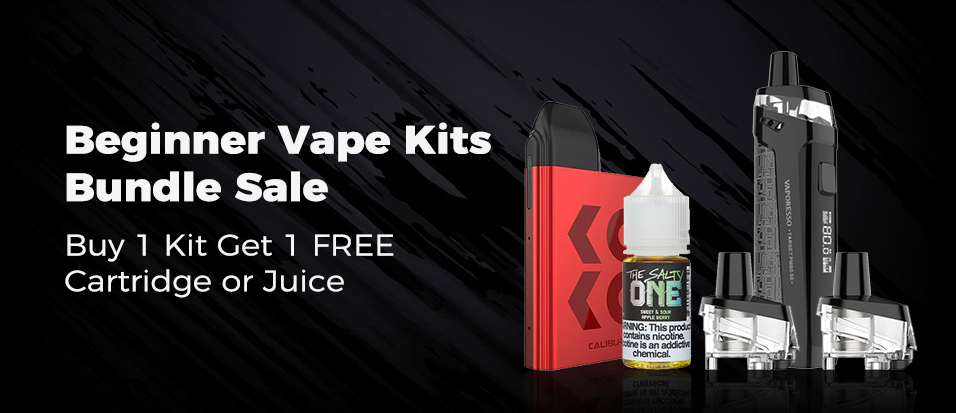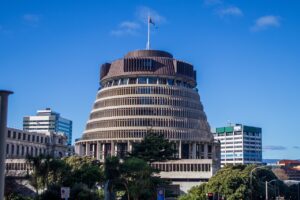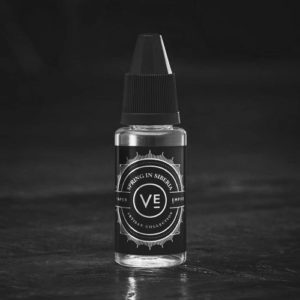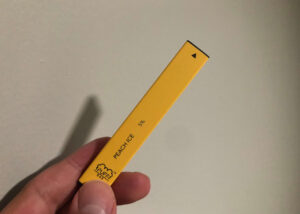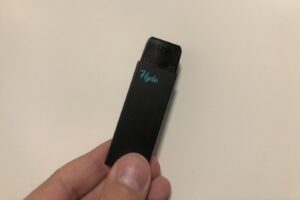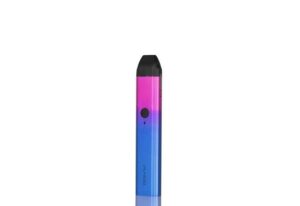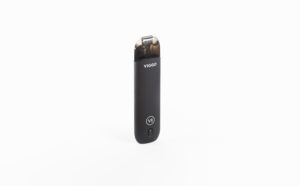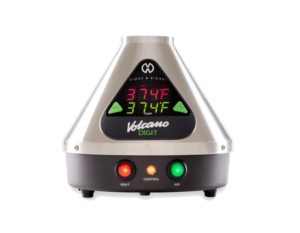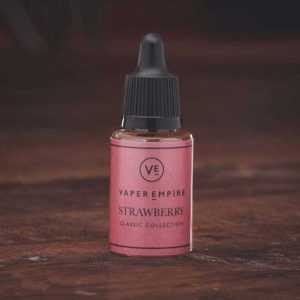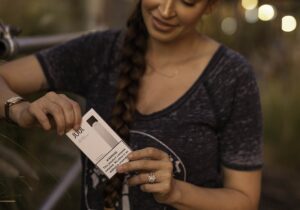Australia’s health minister, Mark Butler, has proposed a federal ban on recreational vaping across the country and he’s tied the proposal to a new budget plan that calls for an increased tax on cigarettes.
Butler hasn’t served in the role of health minister for very long, as he claimed the reigns from Greg Hunt in 2022, however, he’s been quick to pick up where the previous health minister left off. During Hunt’s tenure, the Australian Government proposed a ban on the importation of liquid nicotine. This attempt to ban nicotine vape imports quickly unravelled and Hunt eventually backed down, calling off his ban at the last minute.
Now, with Butler serving as the current health minister, vaping is once again in the crosshairs of the federal government.
How Australia Arrived At This Point
Following Greg Hunt’s attempt to ban the importation of nicotine vaping products, the Senate Select Committee on Tobacco Harm Reduction’s inquiry into vaping concluded with the recommendation that nicotine vaping products be made prescription-only. The Australian Government moved quickly to implement an ill-conceived and poorly constructed prescription-only plan for nicotine e-cigarettes.
Under the prescription-only plan, Australians are required to obtain a prescription for nicotine vaping products from a licensed Australian physician. With a valid prescription, they can then legally purchase nicotine vaping products from two channels:
- Overseas suppliers of nicotine vaping products
- Australian pharmacies
Why The Prescription-Only Plan Failed
The plan most certainly did not go off without a hitch. First of all, there are a limited number of Australian doctors that are willing to prescribe nicotine vapes to patients to help them quit smoking. And then there’s the issue of Australian pharmacies not stocking nicotine vaping products because the Therapeutic Goods Administration (TGA) has not approved any. So for Australians who managed to obtain a prescription, this realistically left them with one legal channel for filling their prescription: overseas suppliers.
But here’s the thing: overseas companies that ship vaping products to consumers in Australia have no way of validating a prescription. Why? Because overseas companies do not have access to the private medical records of Australians, nor should they. As a result, the burden of validating prescriptions is left to Australian authorities, and as we have seen: it’s no easy task.
The end result of the government’s plan to make nicotine vaping products prescription-only? A thriving black market for illegal vapes. To combat black market sales and crack down on illegal vapes, Butler has proposed a ban on recreational vaping that would force all sales of vaping products in Australia to go through Australian pharmacies. As of the time of reporting, there is not a single TGA-approved vaping product sold at local pharmacies in the country.
The Black Market Sells To Anyone
As numerous reports from Australian news outlets have confirmed, the black market for illegal vapes in the country is readily accessible to Australians from all walks of life, and all ages. This has made it not only possible but dare I say easy for underage Australians to illegally purchase nicotine vaping products. So rather than regulate vaping products in a similar way as tobacco cigarettes, the government’s current aim is to make all vaping products accessible only with a prescription.
Where Does Australia’s Recreational Vaping Ban Leave Vapers And Smokers?
One question that jumps to the forefront of my mind is what will happen to the many adult vapers who do not have a prescription but are using vaping as a way to quit cigarettes? Will they be left high and dry to fend for themselves, pushing them towards the already thriving black market of unregulated vaping products, or worse yet, will they revert back to the combustible tobacco products like the cigarettes that they have worked so hard to quit? And with somewhere around 10% of the country’s adult population smoking daily, should the government really be working towards a regulatory scenario in which vaping products are less accessible than cigarettes and other tobacco products? Would it not make more sense to regulate vaping products the same as tobacco products like cigarettes, making them at least as accessible so that adult smokers have the choice to switch to vapes each time they go to the store to buy cigarettes? These are just some of the many questions that Australians should be asking themselves right now.
In the United Kingdom and New Zealand, government health bodies have considered the available scientific evidence and concluded that vaping appears to be less harmful than smoking, at least based on the research that’s available thus far. Subsequently, both governments have opted to wage a campaign aimed at converting smokers into vapers, even going as far as to offer free vape kits to smokers in an attempt to get them to switch.
What do you think, will the Australian Government’s latest attempt to push vaping into the realm of prohibition help crush the black market that exists for vaping products or will it backfire spectacularly like the prescription plan?


